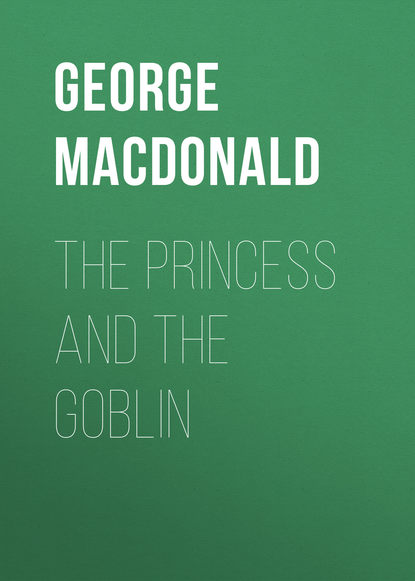По всем вопросам обращайтесь на: info@litportal.ru
(©) 2003-2024.
✖
The Princess and the Goblin
Настройки чтения
Размер шрифта
Высота строк
Поля
'What's that?' asked the princess.
'I'm your father's mother's father's mother.'
'Oh, dear! I can't understand that,' said the princess.
'I dare say not. I didn't expect you would. But that's no reason why I shouldn't say it.'
'Oh, no!' answered the princess.
'I will explain it all to you when you are older,' the lady went on. 'But you will be able to understand this much now: I came here to take care of you.'
'Is it long since you came? Was it yesterday? Or was it today, because it was so wet that I couldn't get out?'
'I've been here ever since you came yourself.'
'What a long time!' said the princess. 'I don't remember it at all.'
'No. I suppose not.'
'But I never saw you before.'
'No. But you shall see me again.'
'Do you live in this room always?'
'I don't sleep in it. I sleep on the opposite side of the landing. I sit here most of the day.'
'I shouldn't like it. My nursery is much prettier. You must be a queen too, if you are my great big grand-mother.'
'Yes, I am a queen.'
'Where is your crown, then?' 'In my bedroom.'
'I should like to see it.'
'You shall some day—not today.'
'I wonder why nursie never told me.'
'Nursie doesn't know. She never saw me.'
'But somebody knows that you are in the house?'
'No; nobody.'
'How do you get your dinner, then?'
'I keep poultry—of a sort.'
'Where do you keep them?'
'I will show you.'
'And who makes the chicken broth for you?'
'I never kill any of MY chickens.'
'Then I can't understand.'
'What did you have for breakfast this morning?' asked the lady.
'Oh! I had bread and milk, and an egg—I dare say you eat their eggs.'
'Yes, that's it. I eat their eggs.'
'Is that what makes your hair so white?'
'No, my dear. It's old age. I am very old.'
'I thought so. Are you fifty?'
'Yes—more than that.'
'Are you a hundred?'
'Yes—more than that. I am too old for you to guess. Come and see my chickens.'
Again she stopped her spinning. She rose, took the princess by the hand, led her out of the room, and opened the door opposite the stair. The princess expected to see a lot of hens and chickens, but instead of that, she saw the blue sky first, and then the roofs of the house, with a multitude of the loveliest pigeons, mostly white, but of all colours, walking about, making bows to each other, and talking a language she could not understand. She clapped her hands with delight, and up rose such a flapping of wings that she in her turn was startled.
'You've frightened my poultry,' said the old lady, smiling.
'And they've frightened me,' said the princess, smiling too. 'But what very nice poultry! Are the eggs nice?'
'Yes, very nice.' 'What a small egg-spoon you must have! Wouldn't it be better to keep hens, and get bigger eggs?'
'How should I feed them, though?'
'I see,' said the princess. 'The pigeons feed themselves. They've got wings.'
'Just so. If they couldn't fly, I couldn't eat their eggs.'
'But how do you get at the eggs? Where are their nests?'
The lady took hold of a little loop of string in the wall at the side of the door and, lifting a shutter, showed a great many pigeon-holes with nests, some with young ones and some with eggs in them. The birds came in at the other side, and she took out the eggs on this side. She closed it again quickly, lest the young ones should be frightened.
'Oh, what a nice way!' cried the princess. 'Will you give me an egg to eat? I'm rather hungry.'
'I will some day, but now you must go back, or nursie will be miserable about you. I dare say she's looking for you everywhere.'











